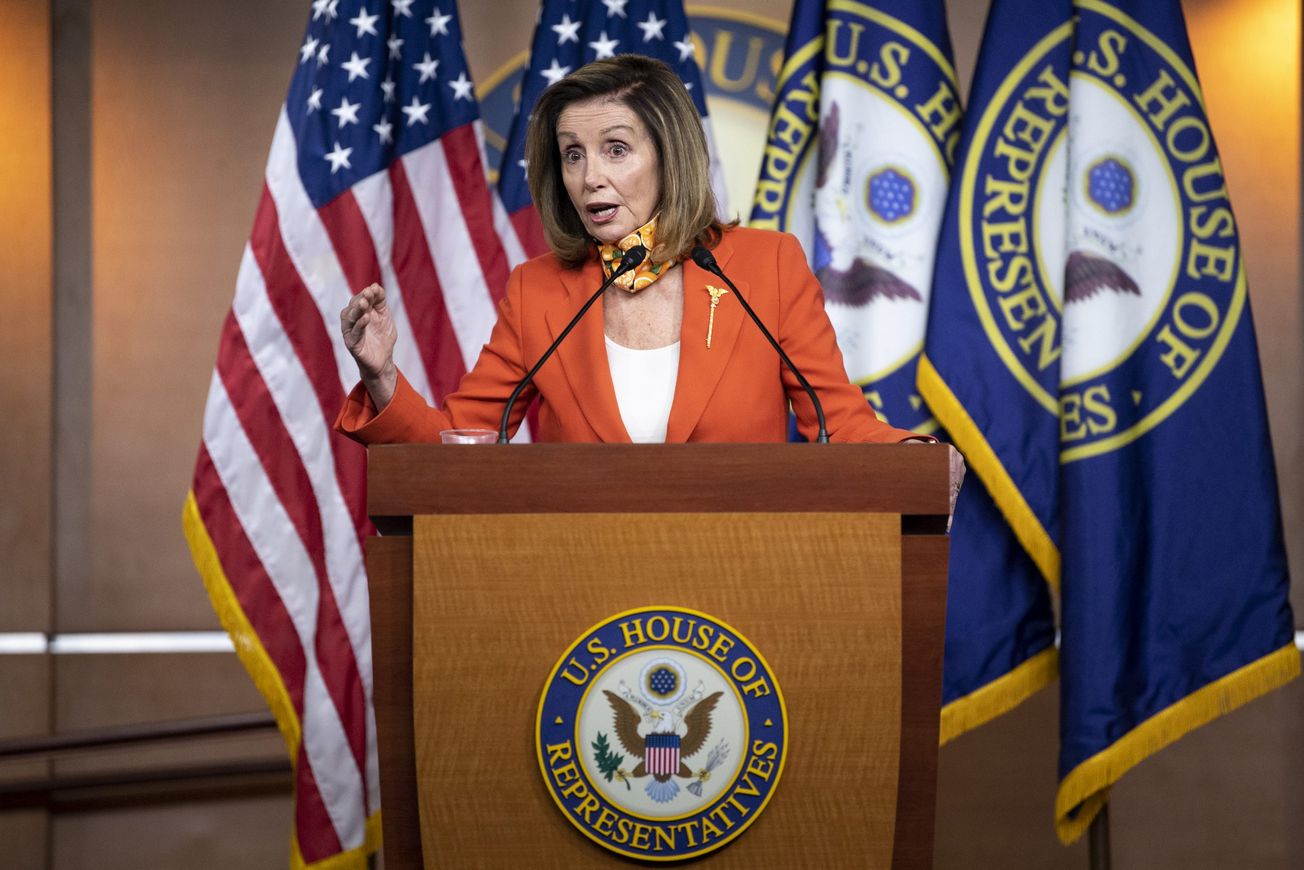The Save Our Stages Act has made it into the latest version of the House Democrats’ Heroes Act.
The provision would provide $10 billion in grants to live venue operators, producers, promoters and talent representatives in the entertainment industry whose business has been affected by the COVID-19 pandemic. Even as pundits warn the revised Heroes Act is unlikely to make it through the Senate, Broadway leaders are buoyed by the inclusion of the Save Our Stages provision in the relief package and the potential impact of its passage.
“I believe that this single bill could bring Broadway back to as close to what we were when we closed than anything else out there,” said Charlotte St. Martin, president of the Broadway League, referring to the Save Our Stages provision.
The Save Our Stages Act would provide grants intended to cover six months of expenses, including payroll costs, rent, mortgage, utilities and personal protective equipment. The League worked with legislators to make the language in the act more inclusive, St. Martin said, so that it would cover a wider swath of producers, theater owners and non-profit theaters — though the grant amounts would vary based on total expenses.
Given the provision’s focus on small businesses, larger entertainment companies — defined as having more than 500 employees and offices in more than one country, among other measures — or those who are owned by a larger entity would be excluded from receiving grants. On Broadway, this pertains to groups such as Disney Theatrical Productions, which would not be eligible because it is a subsidiary of The Walt Disney Company.
According to St. Martin, the League worked with the National Independent Venue Association to broaden the act beyond small concert venues and help it gain larger support, including that of co-sponsors U.S. Sen. Minority Leader Chuck Schumer (D-NY) and U.S. Senator Roy Blunt (R-Mo.) On Sept. 18, the League held a press conference with Schumer, at which time he said the Save Our Stages provision would be included in the upcoming relief package.
New language in the provision includes the ability to use the grants for costs incurred over a longer time period of March 1, 2020 to Dec. 31, 2021. This could help sustain the Broadway industry through its prolonged closure.
“It certainly doesn’t save us, because we’re not going to die,” St. Martin said. Rather, she said, it would help support the industry as it works to rebuild audiences.
In the interim, other alternative modes of theater, such as the live-streaming of shows, still prove too costly due to the current financial model, she said.
At $2.2 trillion, the revised Heroes Act is $1.2 trillion less expensive than its previous iteration, which Senate Republicans refused to back due to its cost. However, even with the price reduction, the Republican-controlled Senate is unlikely to pass the bill as it stands, according to media reports.
Rather, the bill could be used as a starting point to resume negotiations on relief measures. In the revised Heroes Act, those measures include the return of $600 extra in weekly unemployment benefits, another $1,200 stimulus check and an extension of the Paycheck Protection Program. These provisions had previously helped sustain Broadway industry workers and businesses.
The bill also earmarks $135 million in grant funding to be distributed by the National Endowment for the Arts.
While the relief package faces resistance, Schumer has vowed to continue fighting for the passage of the Save Our Stages provision. However, this may now be complicated by the fact that he and other Democratic leaders have become entangled in a larger battle over a new Supreme Court justice and the continuation of the Affordable Care Act.
“If, God forbid, it doesn’t happen, and we have a new President and a new majority leader, who might be me, we will make sure it happens,” Schumer said at the Sept. 18 press conference with the League.


























































